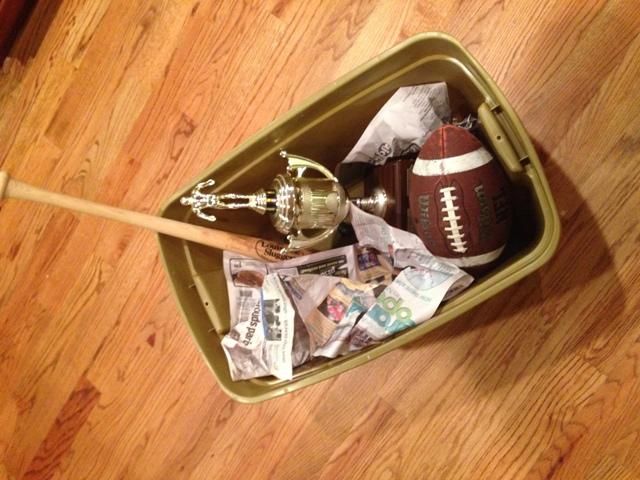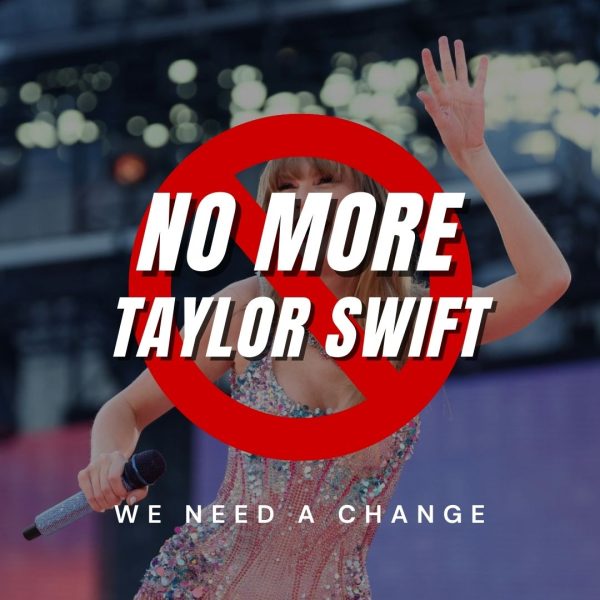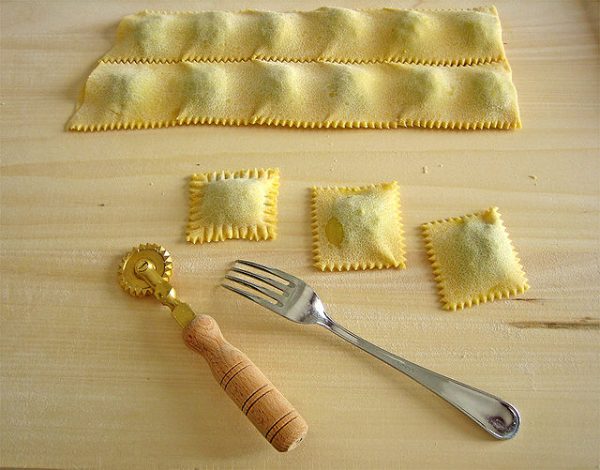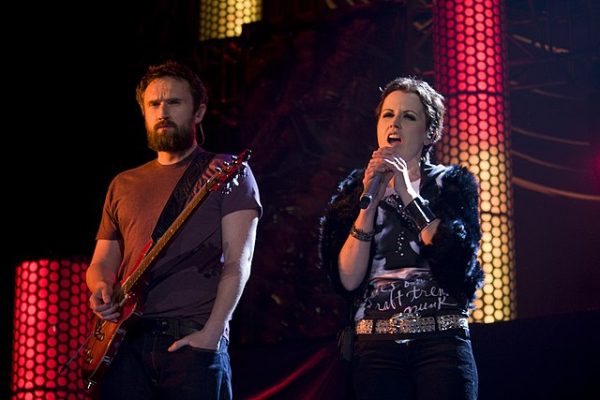Should Athletes be the Role Models in Today’s Society?
November 7, 2014
In this day and age, it seems like there is a fresh story in the news every week. Often, faces be-longing to a superstar athlete pop out on the daily paper, with bold words such as ARRESTED, CAUGHT, or PERFORMANCE ENHANCING DRUGS spanning the cover page. About a month ago, Michael Phelps, the most successful Olympic athlete of all time, found him-self in trouble with the law. During the early morning hours of September 30th, Phelps sped down the road, going 84 mph in a 45 mph zone.USA Swimming handed him a 6 month suspen-sion, a punch the to the gut of Phelps’s Olympic comeback plan. Just this season, Ray Rice and Adrian Peterson, two of the most prolific running backs in the NFL, were slammed for reports of domestic violence and child abuse. The on-going war against PED’s in baseball continues to ruin the reputation of MLB players. Who could forget the eye opening 2012 MLB season where Alex Rodriquez, Ryan Braun, Nel-son Cruz, and many other players were suspended due to some form of illegal steroid usage? The list of athletes in trouble goes on and on. College quarterback and national champion Jameis Winston is knee deep in a sexual assault investigation; Johnny Manziel has partying problems; Aaron Hernandez was convicted of a double murder in 2012, Heisman front runner, Todd Gurley, was suspended due to signing autographs for cash. Unfortunately, the amount of active athletes who haven’t broken the news due to a violation of laws or regulations is relatively slim. Not many athletes can honestly say they qualify as a super-star athlete and as an excellent role model. People make mistakes; they are only human, and just because athletes are under the spotlight, does not mean that they are divine beings who are have to be perfect. They are under the spot-light for their world-class talent in their respective sports, not their judgement skills and morals. However, with every new athlete that gets swept into trouble, the same phrase is always thrown around on the internet and the newspapers: role model. “He used to be a role model for the younger athletes!” There is absolutely no excuse for drunk driving, domestic violence, steroid use, or any other ille-gal behavior. Unfortunately though, a large portion of professional athletes have not set the best exemplars for how to live a proper life. Even though these athletes are well aware that the entire nation is scrutinizing them, and every one of their blunders will be exposed, they continue to make ludicrous decisions. Being under the spotlight is stressful; many people aren’t cut out for it, and they can crumble under the pressure. In a perfect world, children could look up to their favorite athlete as a role model and for his ath-letic abilities and for the way he lives his personal life; however, as it stands, the full package is hard to find. Kids of this generation should look up to athletes for their athletic abilities and work ethics, and keep that separate from their off-the-field-life. They should enjoy sports, and look up to athletes for how they play the game, while devoting other attention to role models much closer to home. Instead of looking up to athletes and celebrities, who can become corrupted by the money and their lifestyles, kids need to direct their attention to the parents and adults in their lives, who fo-cus all of their attention on them. Parents specialize in one job: supplying for their children, rais-ing them with good morals, and preparing them to live an honest, respectful, and successful life. Athletes on the other hand, concern themselves with their own lives, and their personal lives may not always be the best examples to follow. Why should kids look any further than in their own home when searching for a role model?














